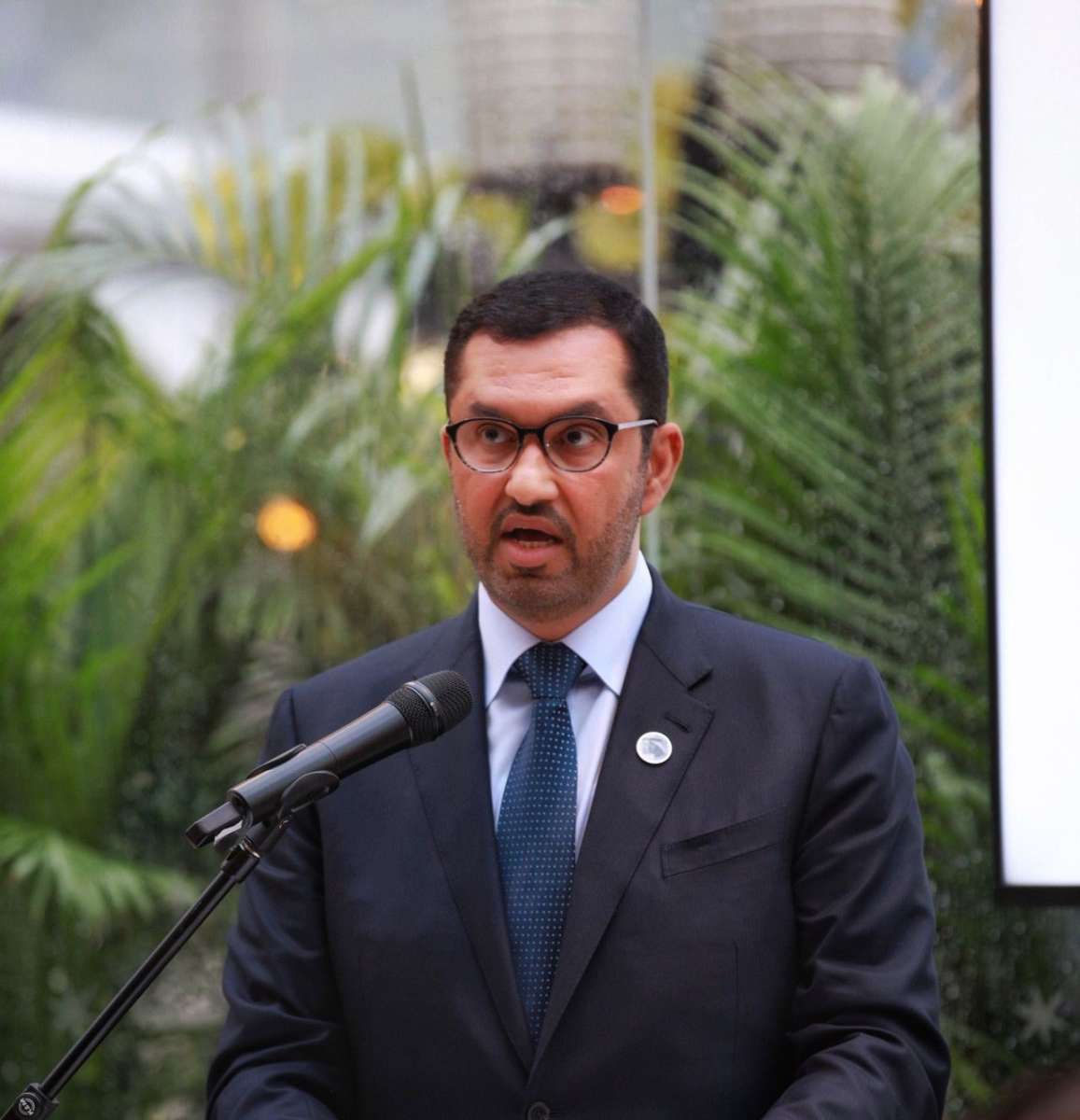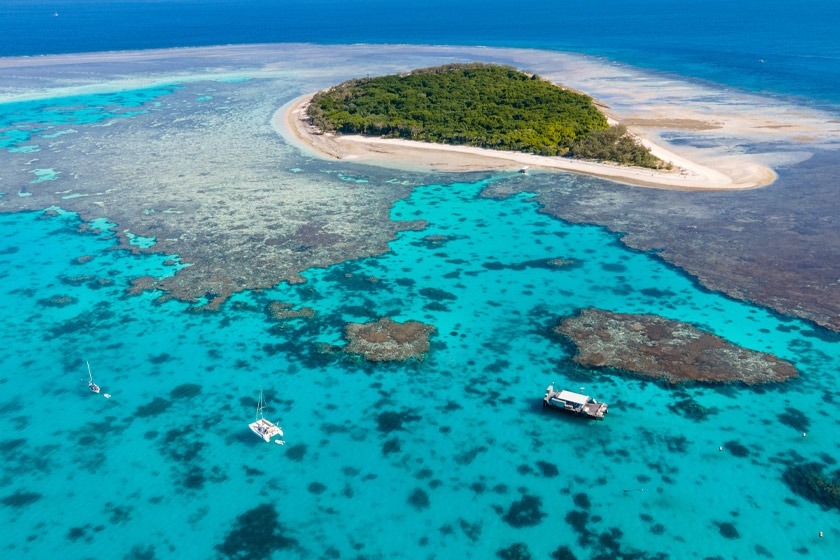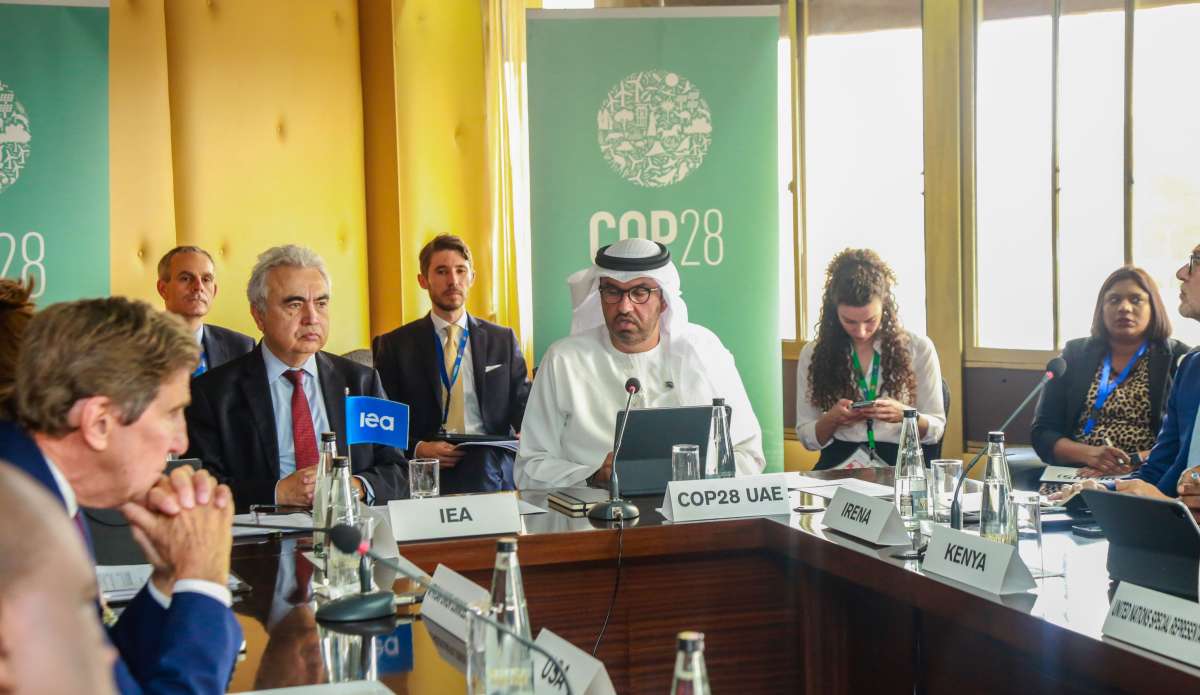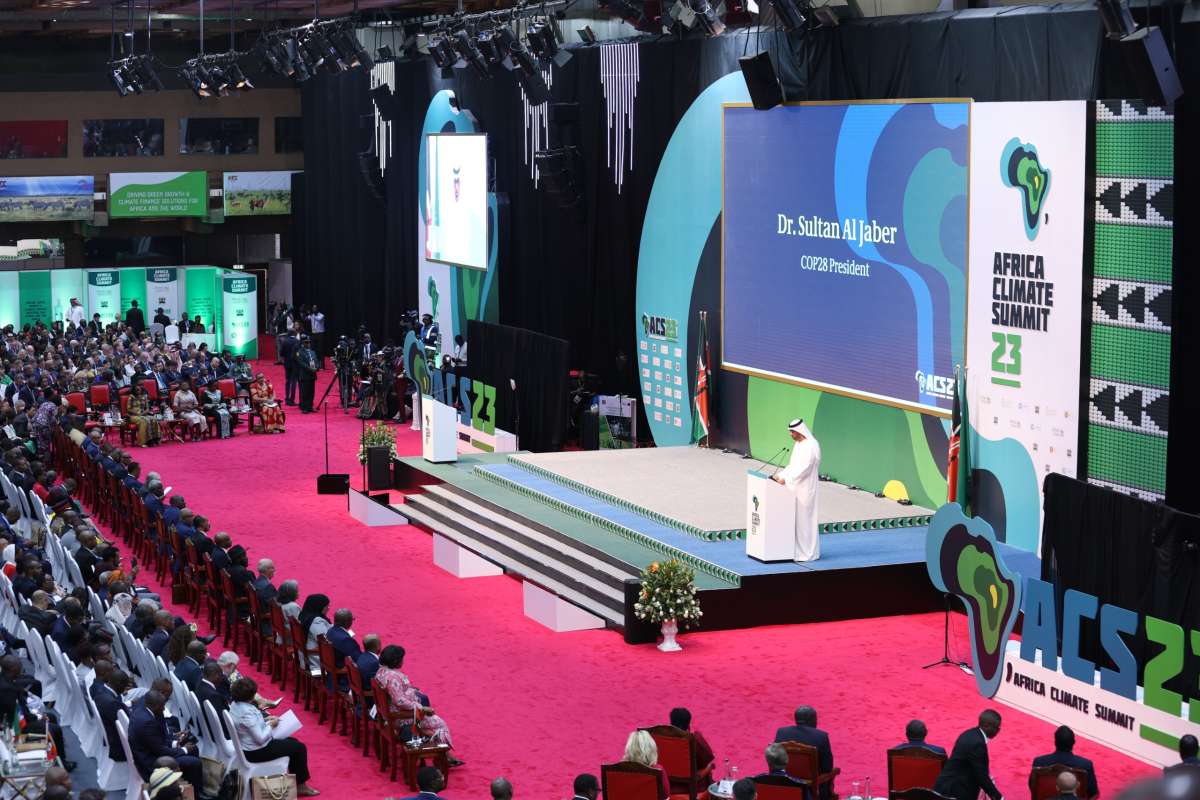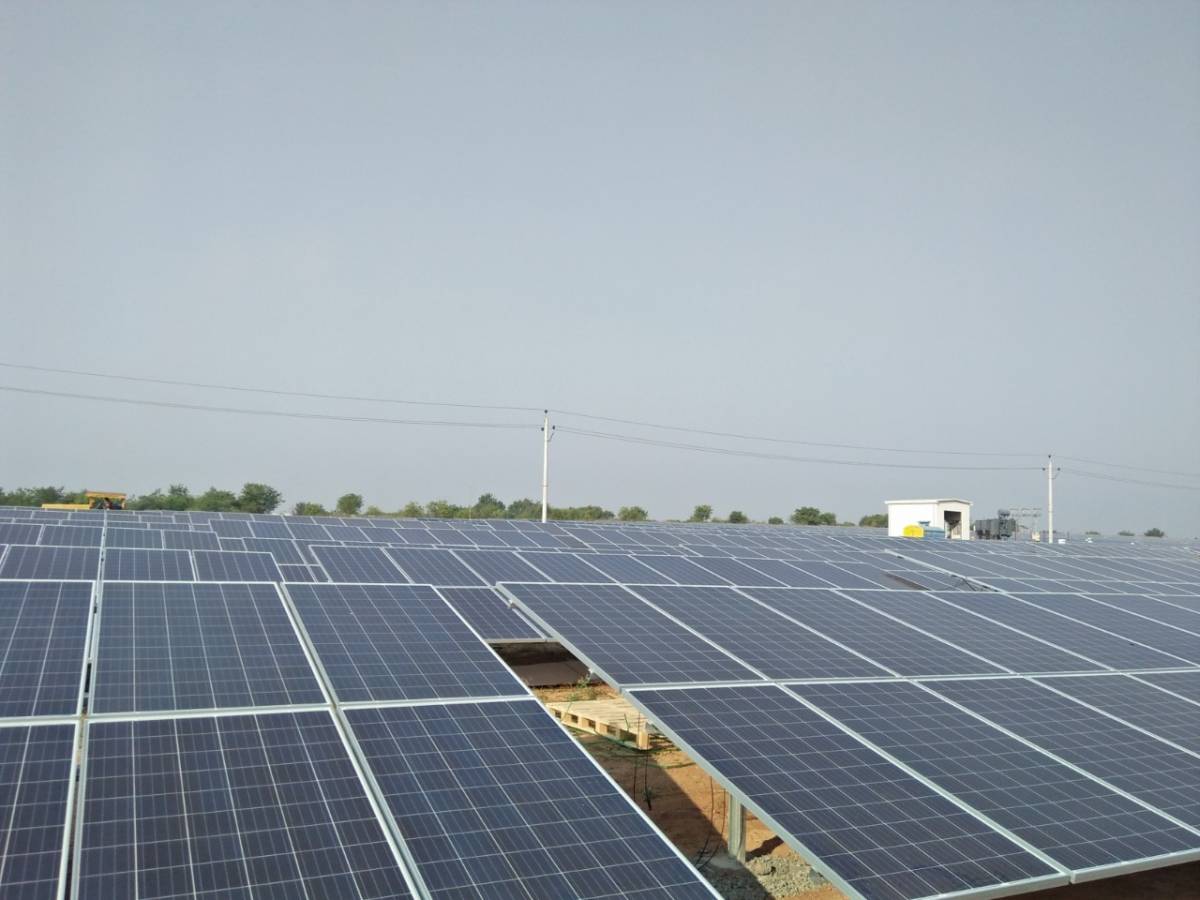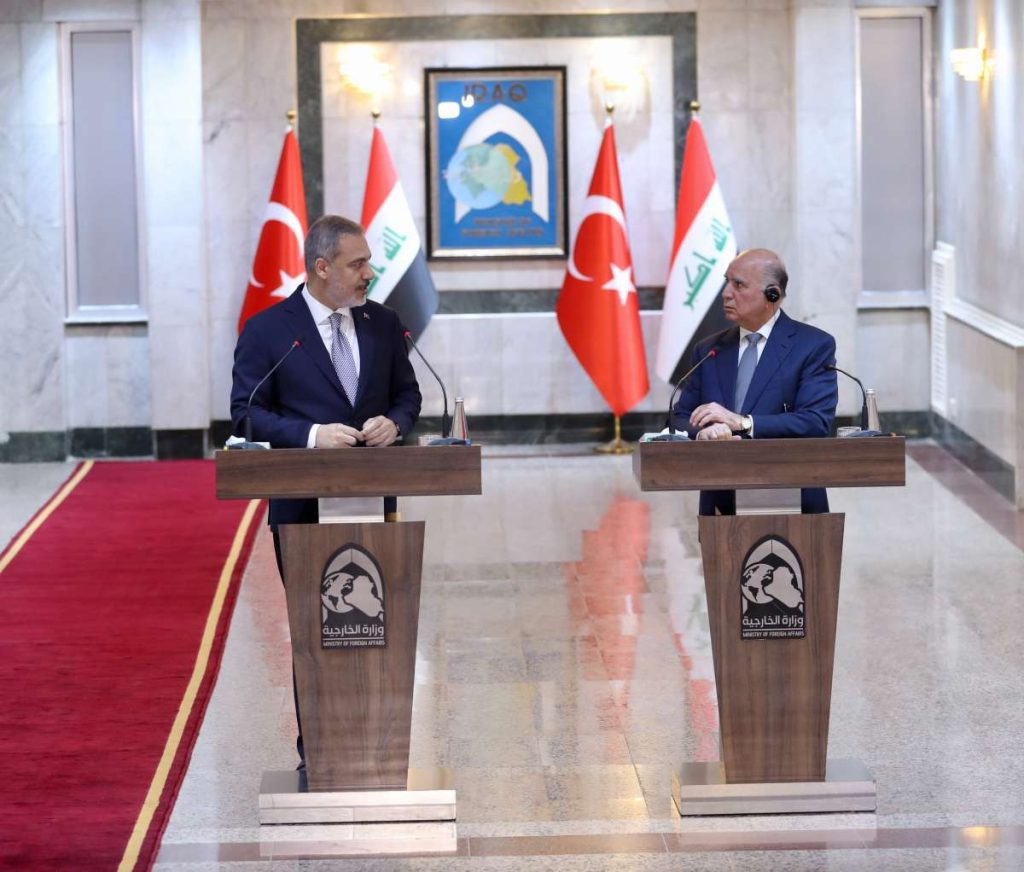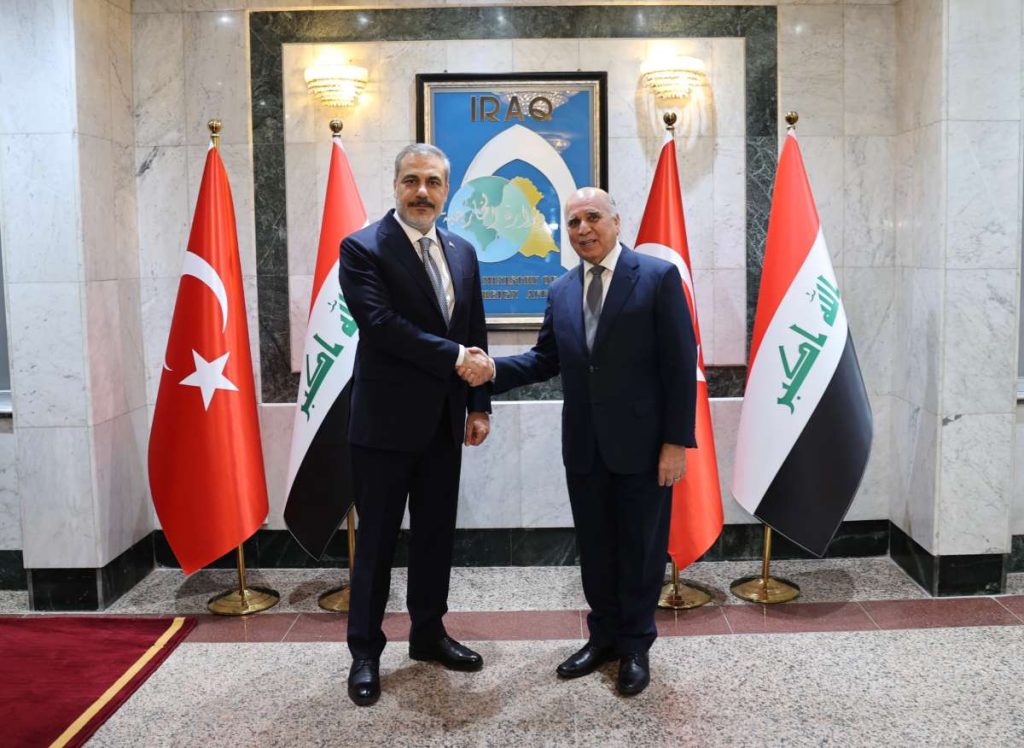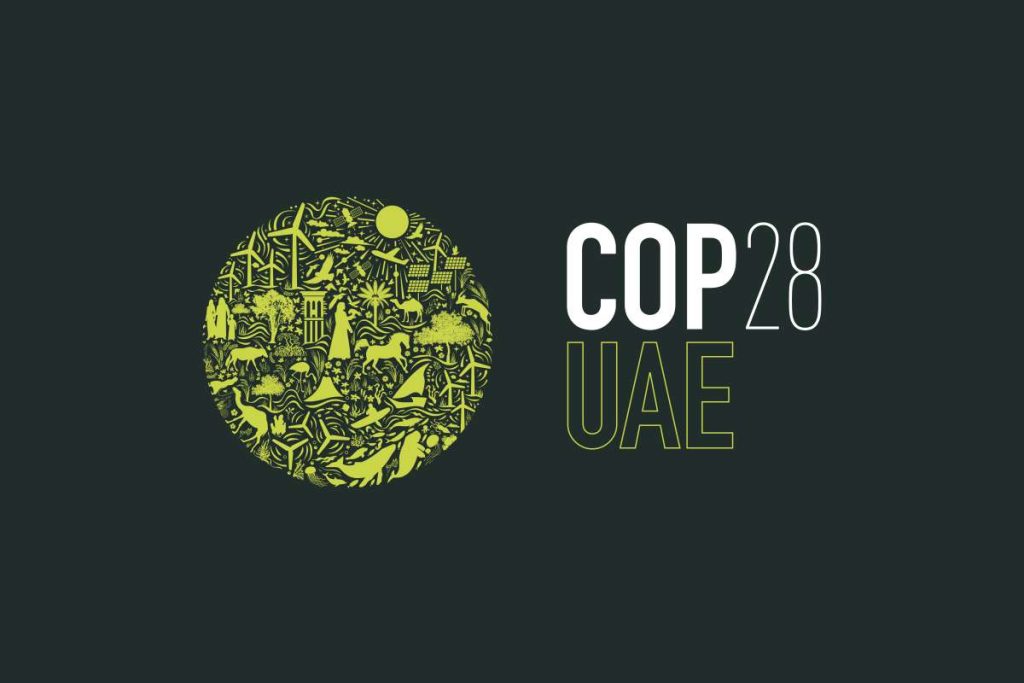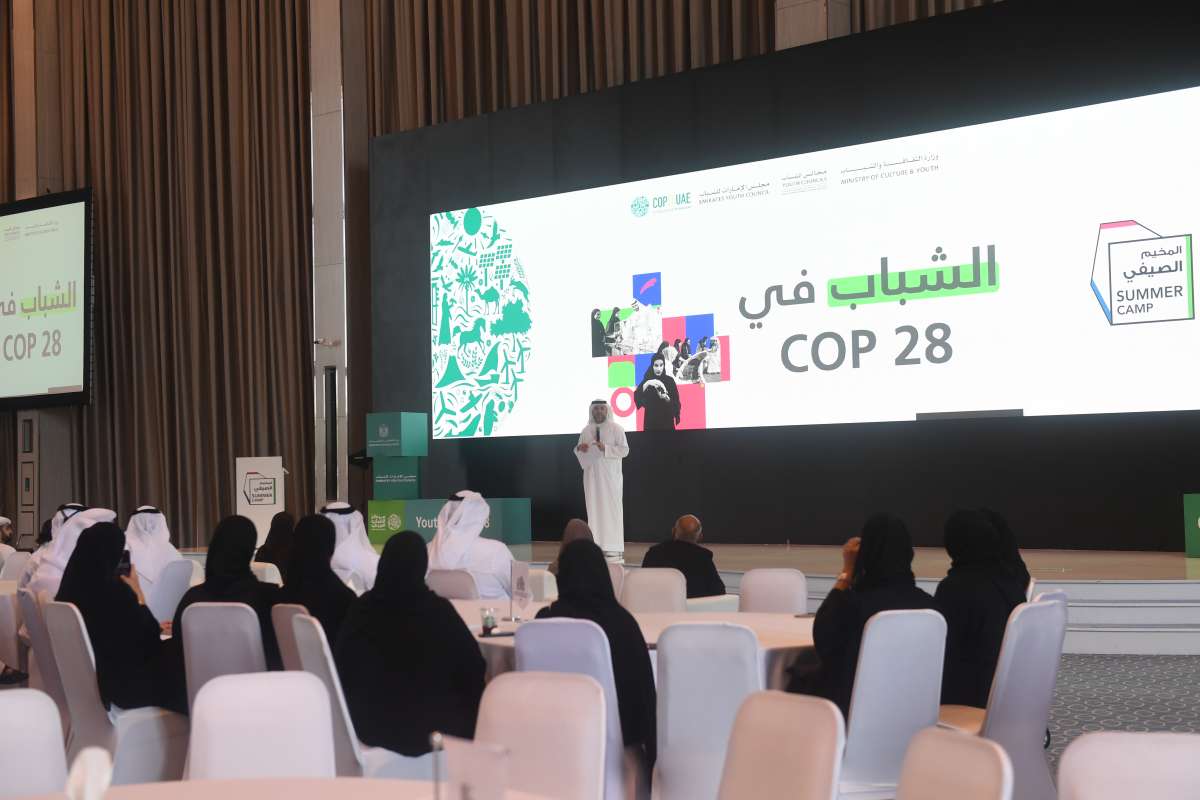Dr. Al Jaber stressed the importance of addressing the crucial connection between climate change and health….reports Asian Lite News
Dr. Sultan bin Ahmed Al Jaber, Minister of Industry and Advanced Technology and COP28 President-Designate, has vowed that COP28 will drive international action on climate and health, with the first-ever Health Day and climate-health ministerial at a COP acting as a ground-breaking opportunity to determine steps towards equitable, climate-resilient health systems and mobilise vital investment in the sector.
Speaking against the backdrop of the United Nations General Assembly and New York Climate Week, alongside Dr. Tedros Ghebreyesus, Director-General of the World Health Organisation (WHO), and Dr. Lazarus McCarthy Chakwera, President of Malawi, Dr. Al Jaber called on the international community to support the day and ministerial, which will be co-hosted with the WHO and several countries.
Dr. Al Jaber stressed the importance of addressing the crucial connection between climate change and health. He said, “The connection between health and climate change is evident, yet it has not been a specific focus of the COP process — until now. This must change.”
He continued, “As we prepare for the groundbreaking Health Day at COP28, we are resolute in our determination to address the challenges posed to health by climate change and encourage ambitious investment in the health sector. Our goal is to build resilient, equitable health systems capable of withstanding the impact of climate change.”
He went on to thank the country champions, Brazil, the UK, the USA, the Netherlands, Kenya, Fiji, India, Egypt, Sierra Leone, and Germany for their work to lead the climate health discussions at COP28.
During his remarks, Dr. Al Jaber highlighted the risks climate change poses to human health, including shifting disease patterns, expanding vectors, and the resurgence of previously contained diseases.
He noted that WHO statistics reveal that air pollution alone leads to seven million excess deaths annually and that vector-borne diseases, such as Malaria, are expanding their reach due to rising temperatures and changing weather patterns, disproportionately affecting vulnerable communities.
Alongside this growing threat, the COP28 Health Day – scheduled for 3rd December – will also take into account the fragility of public health systems worldwide, as exposed by the COVID-19 pandemic, and the urgent need for transformative changes to adapt these systems in response to climate change.
“COP28 is determined to shine a light on these issues and to bring together partners who can make a positive difference. We are determined to reverse these trends by bringing the world together around an inclusive action agenda centered around a just transition, fairer climate finance and improved lives and livelihoods.” Dr. Al Jaber said.
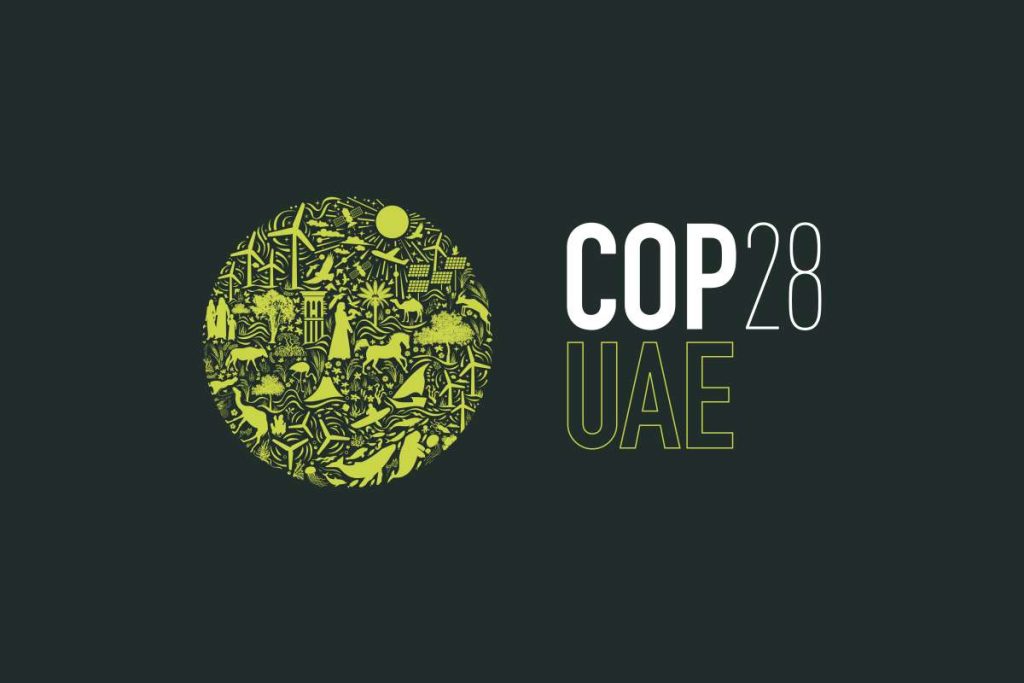
Finance will also be a priority during COP28’s Health Day. The financial toll of health crises attributed to climate change is estimated to reach between US$2-4 billion annually by 2030, exacerbating poverty, particularly in disadvantaged regions. The World Bank projects that nearly 40 percent of climate-related poverty will result from the direct health impacts of climate change, impacting productivity, income, and health expenses.
In his remarks, Dr. Al Jaber called for increased concessional funds to the Global South to lower risks and attract private capital. He emphasised the need to rebalance finance and called on governments to double adaptation finance by 2025, urging them to contribute generously to replenish the Green Climate Fund.
Dr. Al Jaber also underscored the significance of investing in health as a crucial aspect of climate resilience, emphasising that these expenses should be viewed as investments rather than costs. According to the World Bank, every dollar invested in building climate resilience yields an average benefit of four dollars.
As such, he called on financial institutions, including development banks, to prioritise climate-health investments. Dr. Al Jaber commended the leadership of organisations such as the World Bank, the Asian Development Bank, the Green Climate Fund, the Rockefeller Foundation for their commitment to closing the climate-health financing gap at COP28.
During the session, Dr. Al Jaber highlighted the UAE’s legacy and leadership to safeguard human health. He underscored the commitment of the Founding Father, the late Sheikh Zayed bin Sultan, and President His Highness Sheikh Mohamed bin Zayed Al Nahyan to prioritise the lives and livelihoods of people.
He highlighted initiatives such as “Reaching the Last Mile”, which, through His Highness Sheikh Mohamed bin Zayed, has committed over US$455 million to improve global health outcomes, with an emphasis on supporting resilient health systems that best serve vulnerable communities.
The UN event, “Looking Forward Towards COP’s First-Ever Day of Health: Advancing A Bold Vision for Action, Equity, and Accountability”, featured prominent figures including Adnan Amin, CEO of COP28; and Dr. Maria Neira, Director of the Department of Environment, Climate Change, and Health at the WHO. The session was moderated by Vanessa Kerry, WHO’s Special Envoy on Climate Change and Health.
The COP28 Presidency’s Action Agenda outlines a science-based, action-oriented plan focused on charting a new course to address the climate crisis. It combines passion with pragmatism and ambition with realism.
Health sits within the part of the Agenda that focuses on people, lives, and livelihoods. This also includes the creation of a Food Declaration aimed at mobilising political commitment to drive positive changes in systems, enhance food security, and promote sustainable agricultural practices. Additionally, COP28 will feature the first-ever climate-Health Ministerial Declaration and a significant mobilisation of nature-climate finance on a large scale.
The other three focus areas include fast-tracking the energy transition, fixing climate finance, and ensuring a fully inclusive COP28.

